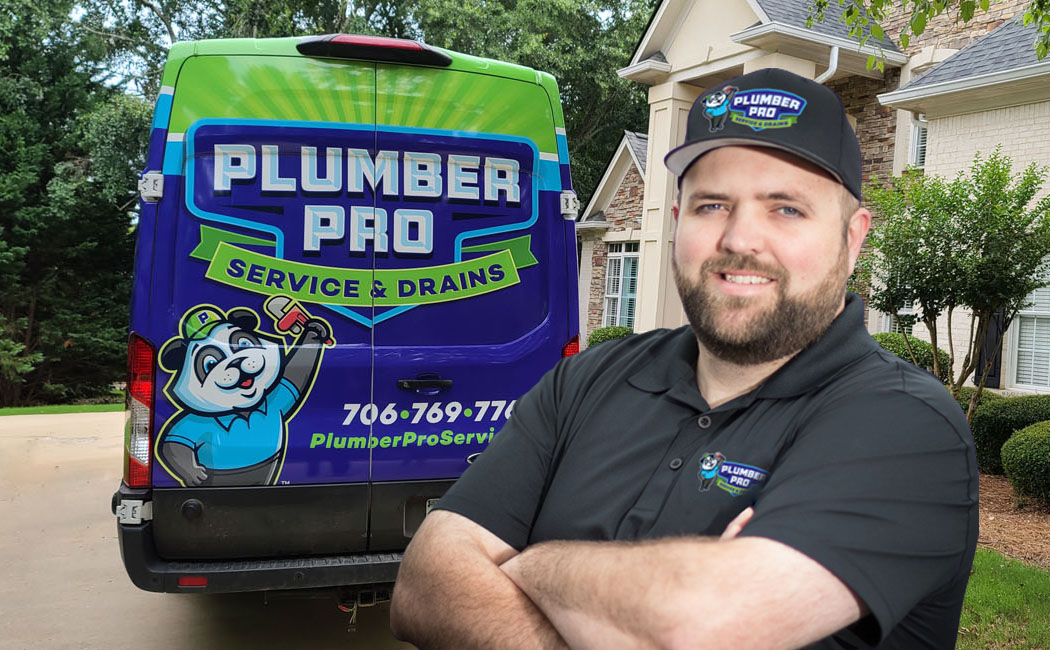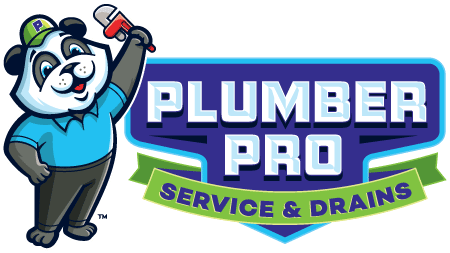
How to Prevent Frozen Pipes in Lawrenceville's Winter Weather

Introduction
Lawrenceville, Georgia is known for its beautiful winter weather. However, with the drop in temperature comes the risk of frozen pipes. Frozen pipes can lead to costly repairs and inconvenience. In this article, we will discuss effective methods to prevent frozen pipes in Lawrenceville's winter weather. Whether you're a homeowner or a renter, these tips will help you protect your plumbing system and avoid any winter plumbing emergencies.
Why Frozen Pipes are a Concern
Freezing temperatures can cause water inside your pipes to freeze, leading to them expanding and potentially bursting. This can result in significant water damage to your property and requires immediate attention from a professional plumber. Prevention is key when it comes to avoiding frozen pipes, as the cost of repairs and restoration can be extensive.
How to Prevent Frozen Pipes in Lawrenceville's Winter Weather
1. Insulate Your Pipes
One of the most https://gwinnettplumberpro.com/emergency-plumbing/ effective ways to prevent frozen pipes is by insulating them. This helps keep the heat inside the pipes and prevents them from freezing. You can use foam pipe insulation or heat tape to cover exposed pipes. Focus on areas such as basements, attics, crawl spaces, and garages where pipes are more vulnerable to freezing temperatures.
2. Seal Any Drafts
Cold air drafts can quickly freeze exposed pipes. Inspect your home for any gaps or cracks that allow cold air to enter and seal them promptly. Use caulking or weatherstripping around windows and doors to keep cold air out and warm air in.
3. Keep Your Home Warm
Maintaining a warm temperature inside your home is essential for preventing frozen pipes. Set your thermostat no lower than 55 degrees Fahrenheit, even if you're away from home for an extended period. Leaving cabinet doors open under sinks allows warm air to circulate around the pipes.
4. Let Faucets Drip
Allowing faucets to drip slightly can prevent water from freezing inside the pipes. Moving water is less likely to freeze, so even a small trickle can make a significant difference. This simple action can help relieve pressure and prevent your pipes from bursting.

5. Disconnect Outdoor Hoses
Before the cold weather sets in, disconnect and drain any outdoor hoses. Storing them indoors can help prolong their lifespan and prevent frozen pipes. Additionally, consider installing frost-proof spigots outside to minimize the risk of frozen outdoor plumbing.
6. Apply Heating Tape
If you have particularly vulnerable pipes that are prone to freezing, consider using heating tape or cables. These products wrap around the pipe and provide a steady source of heat to prevent freezing. Be sure to follow the manufacturer's instructions for proper installation.
FAQs about Preventing Frozen Pipes
Q1: What should I do if I discover a frozen pipe? If you suspect a frozen pipe, it's crucial to act quickly. Turn off the main water supply and open any faucets connected to that pipe to relieve pressure. Use warm towels or a hairdryer set on low heat to thaw the pipe slowly.
Q2: Can I use space heaters near my pipes? While space heaters can provide temporary warmth in colder areas of your home, it's important not to place them directly next to exposed pipes. Keep them at least three feet away from any flammable materials and never leave them unattended.
Q3: How can I tell if my pipes are frozen? Signs of frozen pipes include little or no water flow when turning on faucets, strange smells coming from drains or faucets, frost on visible pipes, or bulging sections of pipe.
Q4: Should I shut off my water supply when leaving for vacation during winter? It's always a good idea to shut off your water supply and drain the pipes if you're leaving for an extended period during winter. This precaution can help prevent frozen pipes and potential water damage.
Q5: Can I use antifreeze to prevent frozen pipes? Antifreeze should never be used in plumbing systems as it is toxic and can contaminate your drinking water. It's best to focus on preventive measures such as insulation and proper heating.
Q6: When should I call an emergency plumber? If you've taken all the necessary preventive steps but still encounter a frozen or burst pipe, it's time to call an emergency plumber. They have the expertise and tools to address the issue promptly and minimize further damage.
Conclusion
Preventing frozen pipes in Lawrenceville's winter weather is essential to avoid costly repairs and extensive water damage. By insulating your pipes, sealing drafts, keeping your home warm, letting faucets drip, disconnecting outdoor hoses, and using heating tape when necessary, you can significantly reduce the risk of frozen pipes. Remember to act quickly if you discover a frozen pipe and contact a professional plumber for assistance. With these preventative measures in place, you can enjoy a worry-free winter in Lawrenceville.